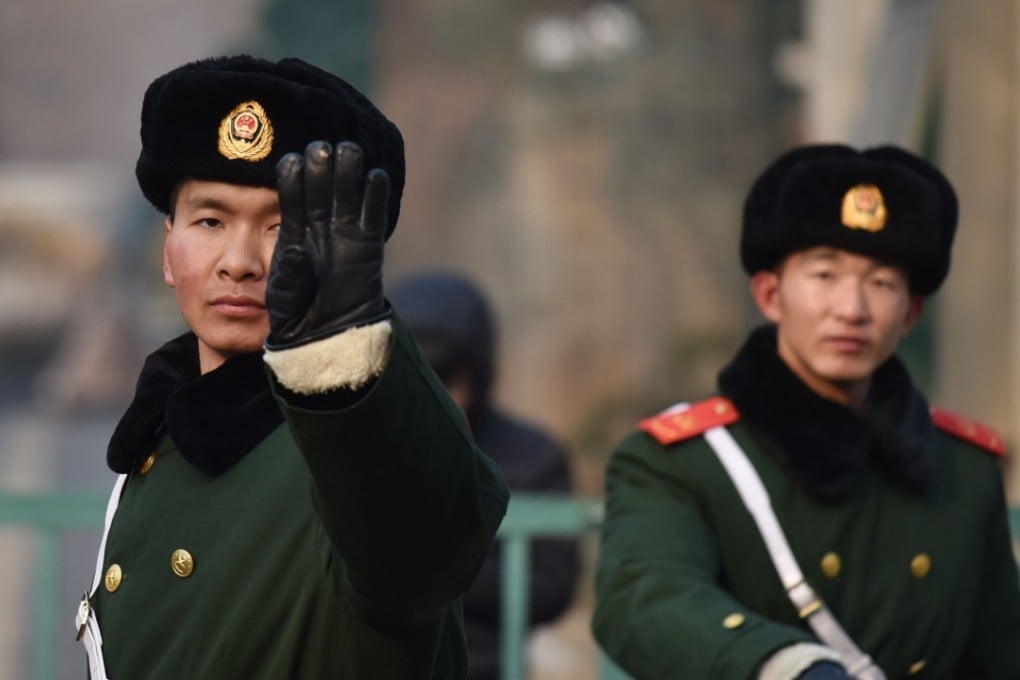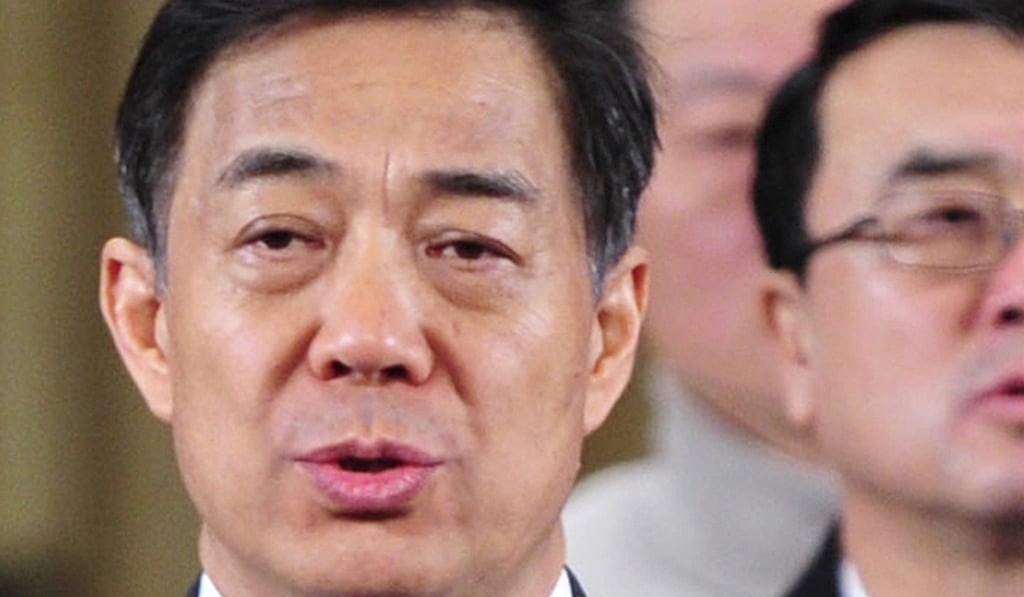Why China’s armed police will now only take orders from Xi and his generals
Changes to the PAP’s command structure are meant to stop local authorities using paramilitary personnel against the leadership in Beijing, observers say

The decision to put China’s 1.5 million paramilitary police under the sole command of the Central Military Commission is meant to ensure the Communist Party’s “absolute control” over the armed forces and to guarantee the “political security” of the regime, according to the military.
The People’s Armed Police (PAP) has been under the dual command of the CMC, which oversees the armed forces, and the State Council, China’s cabinet. The structure gave lower-level authorities the power to deploy the PAP to tackle natural disasters, protests and hostage crises.
But from January 1, the PAP will be under the sole command of the CMC, chaired by President Xi Jinping, a move that will strip local officials of that power.
Analysts said the change – applauded by party media outlets as strengthening centralised control – was prompted by fears among top leaders that the PAP could be used to challenge their rule.
One incident that might have sparked those concerns was in February 2012 when armed police were sent to Chengdu after former Chongqing police chief Wang Lijun sought refuge in the US consulate in the Sichuan capital.
